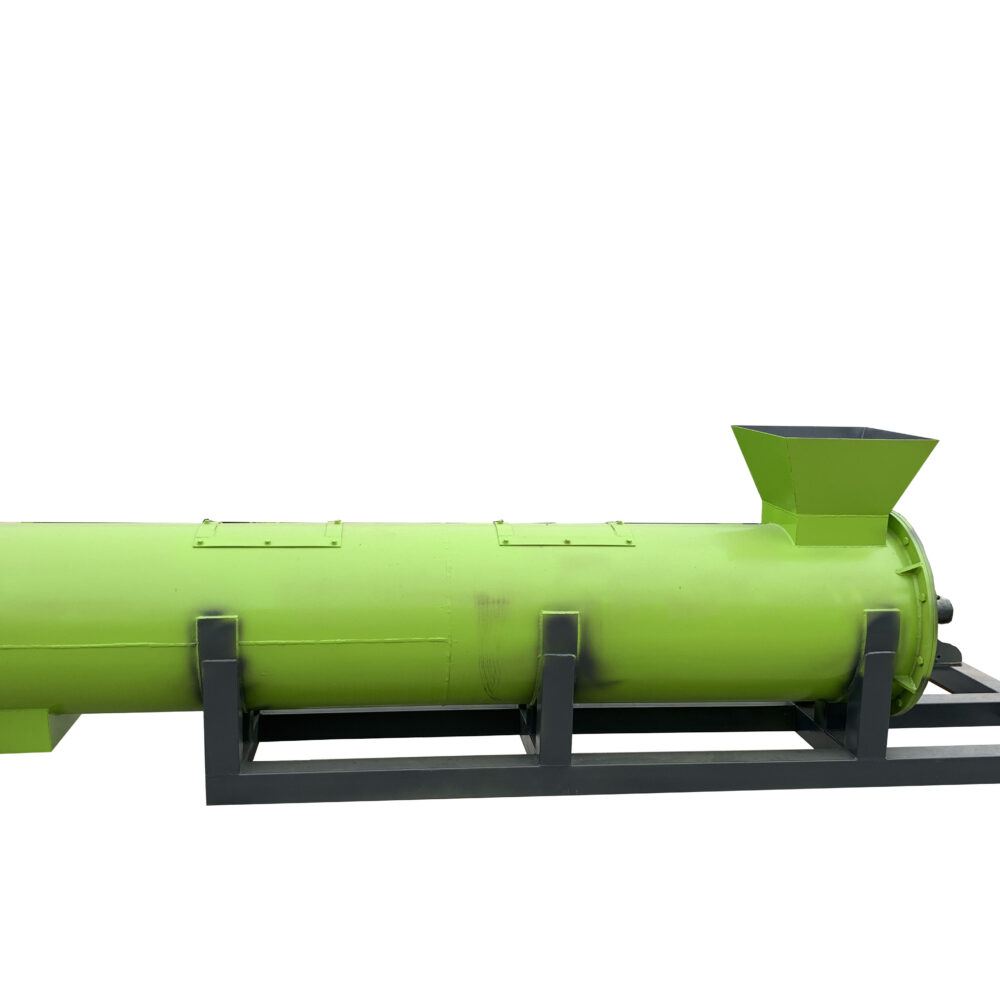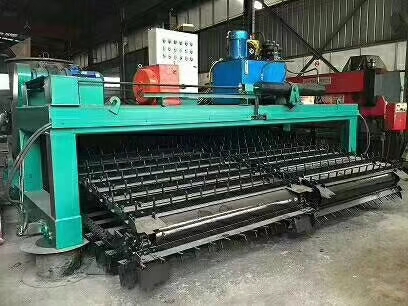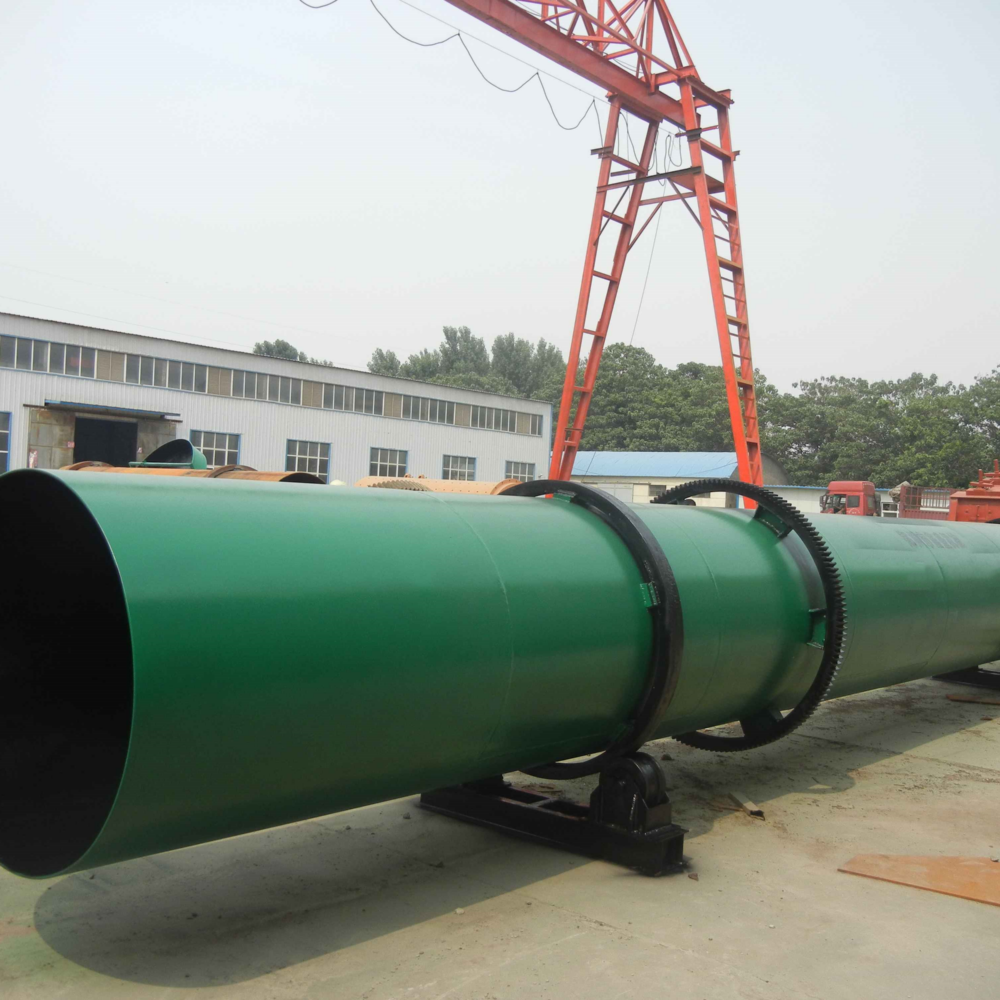
Did you know that global fertilizer production is projected to reach a staggering 200 million metric tons by 2025? This incredible figure highlights the importance of fertilizer production machines in modern agriculture. However, as we delve into this fascinating world, it’s crucial to understand their legal and regulatory attributes.
The Legal Landscape Surrounding Fertilizer Production Machines
Fertilizer production machines are not just mechanical wonders; they operate within a complex framework of laws and regulations designed to ensure safety, environmental protection, and quality control. These machines must comply with various standards set forth by governmental bodies across different countries. Moreover, when it comes to Regulatory Compliance for Cross-Border Transactions, these machines face additional scrutiny regarding international trade laws and import/export regulations that govern agricultural products.
Diving Deeper: Organic Fertilizer Pellet Production Line and Its Regulatory Compliance

The Organic fertilizer pellet production line exemplifies how specific machinery can be subject to stringent regulatory compliance during cross-border transactions. For instance, manufacturers must adhere to organic certification requirements that vary from one country to another. This means ensuring that all raw materials used in the production process meet organic standards recognized internationally. Additionally, documentation proving compliance with local environmental regulations is essential for smooth customs clearance when exporting or importing these systems.
Xincheng’s Approach to Regulatory Compliance for Cross-Border Transactions
Xincheng stands out in its commitment to adhering strictly to regulatory compliance concerning cross-border transactions involving fertilizer production machinery. The company invests significantly in understanding both domestic and international legislation related to fertilizers. By maintaining transparent communication with regulatory authorities and implementing rigorous quality assurance processes throughout their manufacturing operations, Xincheng ensures that their products not only meet but exceed industry standards globally.
Conclusion: Navigating the Complexities of Regulation
In summary, fertilizer production machines play an integral role in feeding our growing population while navigating a labyrinth of legal frameworks governing their use and distribution worldwide. Understanding these complexities—especially regarding Regulatory Compliance for Cross-Border Transactions—is vital for manufacturers like Xincheng who aim for success on an international scale. As we continue exploring innovations in agriculture technology, let’s keep an eye on how regulation shapes this dynamic field!

